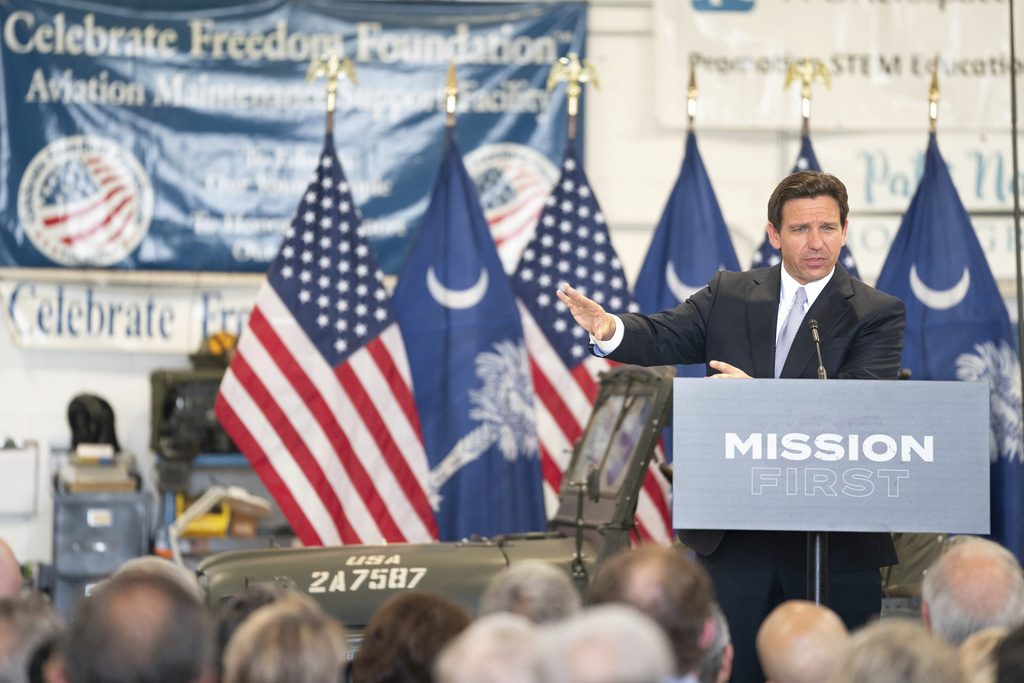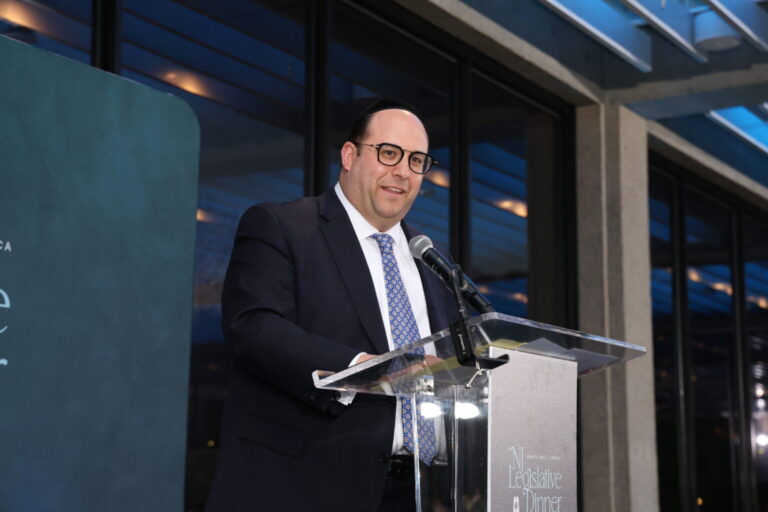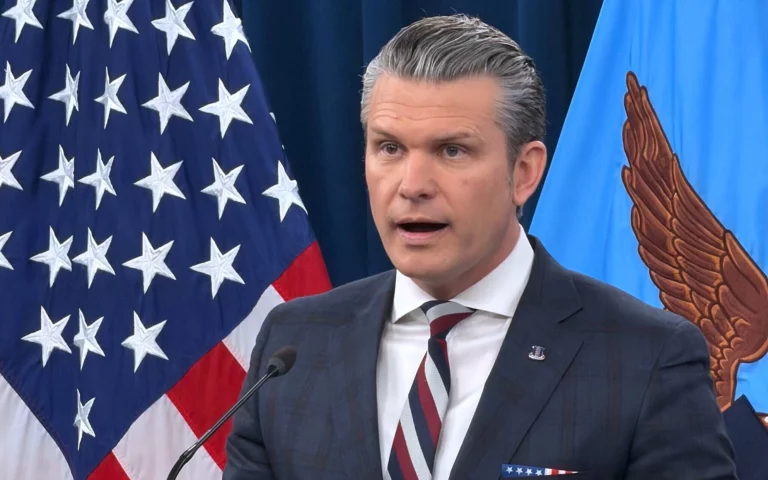Florida Gov. Ron DeSantis held a brief news conference Tuesday as part of a shift in strategy for his presidential campaign, but the governor took only four questions, almost all of which centered on the party’s front-runner, Donald Trump.
DeSantis’ day on the campaign trail in South Carolina was supposed to be focused on his filing paperwork for South Carolina’s Republican primary and on the rollout of a policy plan for the military, followed by a news conference and a CNN interview later Tuesday.
But shortly before DeSantis’ event was scheduled to start, Trump, as he often does, overshadowed the day. The Republican former president broke the news on his social media network that he’d been informed he is a target of the Justice Department’s investigation into efforts to overturn the results of the 2020 presidential election.
DeSantis’ attempt to change the conversation underscored the challenges he faces in trying to overtake the former president and his command of the spotlight in the GOP presidential race. Indeed, the news that Trump could soon be charged by U.S. prosecutors, as well as his behavior surrounding the Jan. 6, 2021, insurrection at the U.S. Capitol, was the subject of two of the four questions DeSantis received at his news conference.
DeSantis, who has offered tepid criticism of Trump amid his legal troubles, made his strongest criticism yet of the former president’s actions on Jan. 6.
“Look, there’s a difference between being brought up on criminal charges and doing things. Like for example, I think it was shown how he was in the White House and didn’t do anything while things were going on. He should have come out more forcefully, of course,” DeSantis said of Trump’s actions that day as rioters stormed the Capitol.
“But to try to criminalize that, that’s a different issue entirely,” he said.
A reporter also asked DeSantis how he planned to win in South Carolina after voters there had overwhelmingly supported Trump in the past.
DeSantis and his campaign are facing a consequential moment as the governor makes his third swing through South Carolina as a White House hopeful. He entered the race in May with expectations that he would become the primary threat to Trump. But DeSantis has struggled to make inroads against Trump and recently began cutting campaign staff.
Speaking to reporters earlier Tuesday as he filed his paperwork, he rejected suggestions that his campaign might have grown too big in its early stages.
“When you start, there are certain investments that you make,” he said. “We really believe having an important apparatus on the ground is important in caucus states and early states.”
Asked by CNN host Jake Tapper if he felt his effort to run to the right of Trump was causing him to lose support among voters who might see him as too conservative, DeSantis responded that the constant attention he’s fielded since his 2022 gubernatorial reelection has yielded increased scrutiny.
“I was getting a lot of media attention at the time, coming off my victory,” DeSantis said in the interview, recorded after his policy rollout and aired Tuesday afternoon. “I was basically taking fire nonstop since then because a lot of people view me as a threat.”
DeSantis opened his swing through South Carolina on Monday, holding an event in Tega Cay, an affluent community on Lake Wylie near the North Carolina state line.
After about a half hour of remarks, DeSantis took a handful of questions from the crowd of about 900 people gathered to hear him. Questioners included a woman who described herself as a “hardcore Trump supporter” who said that the 2024 election represented “the most important vote that we’re going to have” and that she felt DeSantis “did an excellent job” making the case for his candidacy.
In his response, DeSantis condemned what he has characterized as the “weaponization of government” in the legal cases being brought against Trump, and said, “He was treated wrong, he was treated in ways that are unconstitutional.”
“Here’s the thing — the question for us now is, what are we going to do about it? … It’s not about me, it’s about you. It’s about me standing up for you and standing up for the Constitution and restoring this country to what the Founding Fathers envisioned,” DeSantis said.
On Tuesday in West Columbia, DeSantis — a former Navy officer who served in the Navy Judge Advocate General’s Corps in Iraq — rolled out his plans to reform a U.S. military he has argued is too “woke.”
He decried the military for using electric vehicles and for focusing on diversity and inclusion in the armed forces or service academies.
“Clearly, it is not good for morale if somebody feels that they’ve been treated negatively based on, quote, ‘white privilege’ or something like that. It’s just toxic,” he said. “If you want to talk about that stuff, go to Berkeley.”
He also criticized a past requirement that U.S. military forces receive the COVID-19 vaccine, a mandate that was lifted late last year. More than 8,400 troops who declined to get the vaccine were forced out of the military for refusing to obey a lawful order. Thousands of others sought religious and medical exemptions.
DeSantis said the mandate was wrong and that if elected, he would offer affected military members their jobs back as well as back pay.
Trump’s campaign, in an apparent attempt to further step on DeSantis’ message, released on Tuesday afternoon the former president’s plan for “Rebuilding America’s Depleted Military.” Trump, in the pre-recorded video released by his campaign, focused mostly on foreign policy and repeated some criticisms he made last week of President Joe Biden’s approach to the war in Ukraine.
The rollout is DeSantis’ second official policy pronouncement of the campaign. In June, he outlined his immigration proposals — which call for ending birthright citizenship and finishing construction of the southern border wall — during a visit to a Texas border city.
South Carolina is set to hold its GOP presidential primary Feb. 24. The state, which also boasts two homegrown 2024 candidates — former Gov. Nikki Haley and Sen. Tim Scott — is critical for Republican presidential hopefuls and has been a strong base of support for Trump in his previous campaigns.
(AP)











